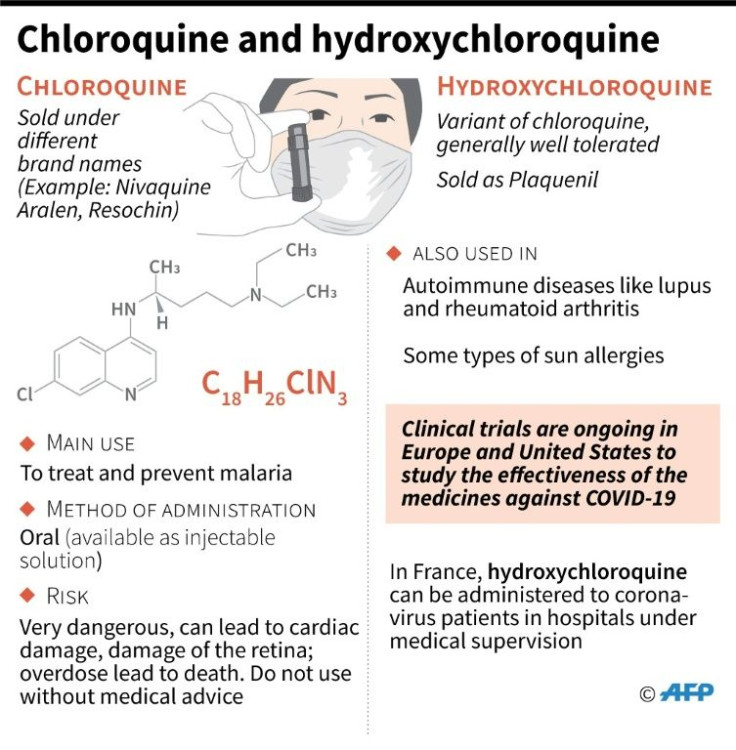Hydroxychloroquine Saves Life: Detroit Dem Thanks Trump For The Drug He Touted For COVID-19 Recovery

Michigan State Representative Karen Whitsett, a Democrat from the Detroit area began to fall ill and tested positive for COVID-19 on Monday, March 30. Her doctor prescribed hydroxychloroquine and some other medications. Her symptoms began to ease shortly after.
What makes Whitsett’s case unique aside from her being a public figure is that she is expressing gratitude to President Donald J. Trump often viewed as the devil incarnate by the mainstream press and many Democrats.
She said during an interview with the Detroit Free Press, "It has a lot to do with the president ... bringing it up. He is the only person who has the power to make it a priority." When asked if Trump saved her life, the Democrat politician responded, "Yes, I do," and "I do thank him for that."
While this may not sit well with fellow Democrats, some who are undoubtedly using the pandemic to undermine Trump’s re-election, the bigger story is the drug that Trump has publicly expressed hope for in finding effective treatment of COVID-19.
Hydroxychloroquine (HCQ) is a chemical “cousin” to Chloroquine (CQ), one of the oldest and best-known anti-malarial drugs. A March 18 headline in an article by Nature Research, a science website, read, “Hydroxychloroquine, a less toxic derivative of chloroquine, is effective in inhibiting SARS-CoV-2 infection in vitro” with a warning in the body of the article pointing out that “although HCQ is less toxic than CQ, prolonged and overdose usage can still cause poisoning."
HCQ, a treatment for auto-immune diseases like rheumatoid arthritis and lupus has also attracted attention over the past few decades as a potential antiviral agent.
Trump, who is not a medical doctor, misspoke when he said that the US Food and Drug Administration (FDA) had approved it for treating coronavirus.
He later corrected himself saying that the drug had been approved for "compassionate use". This means a doctor can give a drug that is yet to be cleared by the government to a patient in a life-threatening condition.
One tragic event occurred in Arizona when a man and his wife ingested a fish tank cleaner containing what they believed to be HCQ after hearing Trump supposedly tout it as a cure. The man died as a result of the chloroquine phosphate ingestion.
The real HCQ has been “flying off the shelves” all over the world as a yet to be proven cure with possible risks yet to be determined.
India, a major supplier of HCQ, is yet to feel the full brunt of the pandemic. With a population of about 1.3 billion people, quadruple that of the USA, they cannot risk a shortage of a potential treatment by sending it to other countries.
However, India on Tuesday decided to partially lift the ban on the export of Hydroxychloroquine and paracetamol. It will be allowed depending on the stock position after having met domestic requirements and existing orders. According to Business Standard, the drugs will be exported to India's neighboring countries also that are dependent on India's capabilities.
On April 4, India's Prime Minister Narendra Modi banned the export of HCQ. The next day he received a call from President Trump asking PM Modi to release shipments the U.S. has already ordered. Trump also warned India of retaliation if it refused to supply the drug.
The oft-criticized President said in another press conference that the U.S. had secured 29 million CQ or HCQ pills for its medical stockpile.
© Copyright IBTimes 2024. All rights reserved.





















